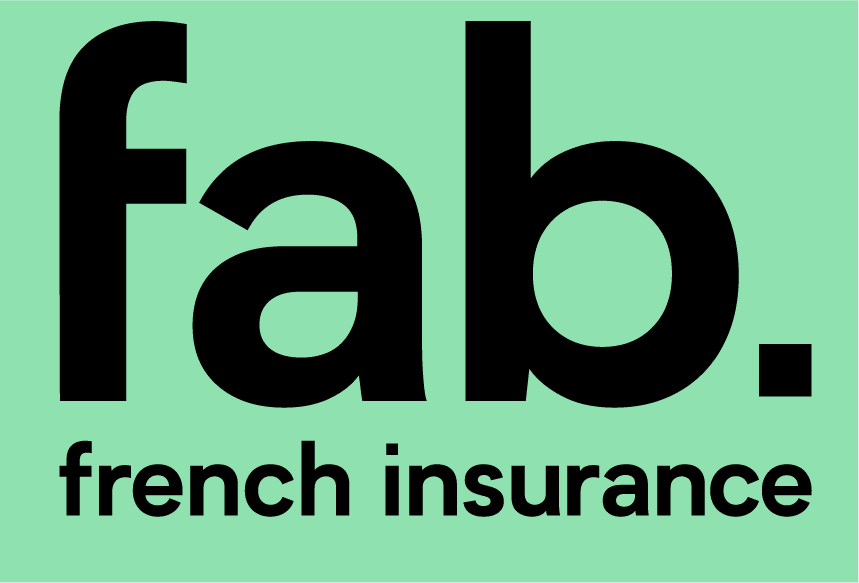When I first arrived in France (a long time ago now!) I was slightly shocked to discover that my beloved children needed to be insured before they were allowed to join polite society or, as it is also known, nursery school. Were French schools really that bad I wondered? Did my kids really need to be insured against the dangers posed by French education?
Obviously I soon realised that the assurance scolaire policy covered any damage my little darlings might cause, as well as covering them for possibilities such as breaking their classmates glasses and the like, but the whole experience was an interesting and valuable lesson in just how different insurance requirements and practices can be in different countries. And how, whilst the household insurance policy often includes une garantie responsabilité civile which may cover the children, this does not cover them for school trips, eating in the cantine or after school clubs and activities.
The responsabilité civile part of your contract covers damage caused to others; if for example, a tree in your garden falls onto your neighbours shed and he needs to replace the roof, it is the responsabilité civile part of your policy that comes into play.
You will almost certainly need to provide proof of responsabilité civile cover should you join a sports club or association. In this case you should check whether your household policy covers sporting activities; if it does, check if there are any exclusions and decide whether or not you need a separate or additional policy. If your policy can provide this cover, it is probably a better option to include or add this as part of your contract; otherwise you will need to take out a separate policy which may end-up being more expensive than a packaged plan.
Pretty much the same goes for almost every aspect of life in France where you could possibly have or cause an accident. If you are a horse rider you should have insurance, if you have dogs you should have insurance and if you go out hunting with a gun you should have insurance. As these policies can quickly mount up, it is often better in terms of both cost and simplicity, to add them to your general household insurance – l'assurance multirisques habitation. This covers fire, flood, natural and manmade disasters and terrorist attacks. You can then choose to be covered for theft, damage to electrical appliances and so on as well as protection juridique. This is legal advice and support including payment of legal costs should for example, you get into a dispute with a neighbour or tradesman. Sometimes these ‘extras’ are included in the basic policy so it is absolutely essential to make sure that you are getting the right policy (and thus the best deal) for you personally.
Any difference with foreign insurers?
You should also be aware that things we take for granted may well not be included. New for old cover, freezer contents, accidental damage cover and the contents of outbuildings are just a few of the sectors where French cover diverges. French insurers generally also require far more ‘proof’ in the form of bills, receipts and photographic evidence than UK clients are used to supplying. And of course, it is when you come to make a claim that you realise that either your cover was inadequate and / or that you are going to have to fight to get paid. This is where it really does pay off to have gone through a recommended broker. They will be doing their very best for you, the client and working to get you exactly what you are entitled to.
What about car insurance?
Car insurance proved to be another learning curve. For starters in France, it is the vehicle that is insured not the driver. This means that (usually) any driver aged 25 and over is insured to drive your vehicle. Young drivers and drivers under 25 are also allowed to drive but the excess increases massively in the event of any claim made whilst they were behind the wheel. The excess – franchise – is usually around 150-200€ but in the case of a younger driver shoots up to around 2500€. Ouch! And in the event of a claim, it is your NCD which will be affected (not the driver’s), so be careful about who you hand your keys to.
Car breakdown cover was another shock. In France breakdown assistance is often included in motor insurance policies. However, this is very much a case where not all policies are equal. Options such as ‘home start’ equivalent and onward transportation often need to be added as extras and the quality of roadside assistance varies enormously in terms of response time and competence. There’s no equivalent in France of the AA, Green Flag, RAC and so on and unfortunately this means that in general, breakdown services are simply not very good, especially for those of us who are used to a fast response and problem solving approach.
Insurance cancellation in France
Something that I initially found equally surprising was that I couldn’t just cancel policies or change insurers when I wanted too. Recent changes to insurance laws have made cancelling cover slightly easier and simpler than before; even so, when you come from a country where you can simply pick up the phone, speak to someone and cancel your policy, it comes as a bit of a shock to have to send cancellation notifications by recorded delivery known as lettre recommandée avec accusé de réception or send proof that you have sold your vehicle if cancelling a vehicle insurance policy.
It’s taken me 20 years of living in France to understand how French insurance works. After getting over my initial shock at just how many policies our family of five needed, the next job was to try and bring the price down. I started by using comparison sites and whilst these were helpful, it was only when I came across a French insurance broker who was able to explain the different options on the various policies simply and clearly, that I finally got our various policies to a place where I now know we have exactly the cover we require and aren’t paying any more than we need to. And the fact that he speaks English is a huge plus too. My French is ok but small print is small print; it doesn’t matter which language it’s written in, you still need someone to explain it to you!”
CATHARINE’S TOP TIP:
Don’t forget that in the event of a claim, French insurers will always require proof. This doesn't just mean proof that the event happened; the mindset is that if you can’t prove the existence of an item, it doesn’t exist. So you will need to provide receipts, invoices, valuations of jewellery or fine art and / or photographic evidence in order to be paid out.
Article written by Catharine Higginson from Survive France Network


